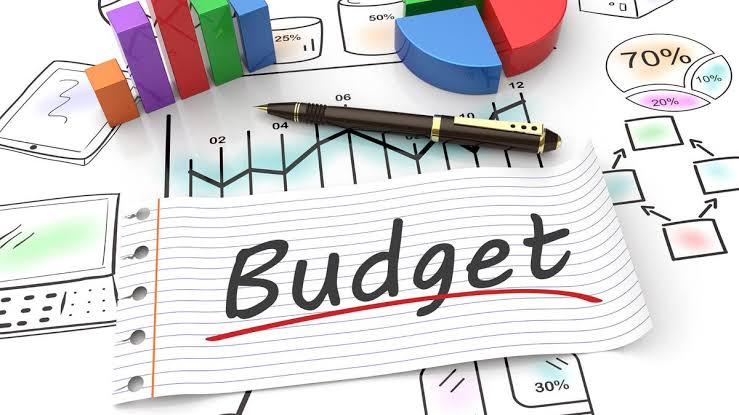Syful Islam
Published:2025-04-12 08:46:32 BdST
Taming inflation to 6.5pc pivotal promiseNext budget likely Tk 7.92t with doable Targets
Bangladesh's upcoming budget may be Tk 7.92 trillion in size, smaller than the current one, as the interim government walks a tightrope amid a subdued trend in revenue earnings and foreign-aid inflow in the present context.
Officials give the possible budgeting outlook, saying that this is for the first time Bangladesh is framing a smaller budget compared to the previous one, as the government also takes into consideration slower implementation of the current budget.
A technical committee meeting on budgeting at the ministry of finance made the decision Wednesday. The committee for coordination on fiscal, monetary, and currency exchange, headed by finance adviser Dr Saleh Uddin Ahmed, will take the final decision on the budget for the fiscal year 2025-26.
The national budget for the outgoing financial year, 2024-25, is worth a total of Tk 7.97 trillion. Its size was revised down by Tk 490 billion with cuts from the original annual development programme (ADP) of Tk 2.65 trillion.
Finance Ministry sources have said the National Board of Revenue may be given a daunting task of collecting Tk 5.10 trillion in the next fiscal year, up from Tk 4.80 trillion in the current year.
The ADP outlay may be fixed at Tk 2.30 trillion for the next fiscal year, according to officials concerned.
The government may set GDP (gross domestic product) growth target at 5.5 percent in the next fiscal year, compared to 6.75 percent in the outgoing fiscal year.
Officials say in the next budget the government may set a target of bringing down the rate of inflation to 6.5 percent, similar to the current budgetary target. In the current fiscal year until March, inflation remained defiant of the target to hover between 11.66 percent and 9.32 percent.
Also, the government plans to keep budget deficit below 4.0 percent against 4.6% of the GDP in the current fiscal year, according to officials concerned.
Finance officials say the major target to be laid in the next fiscal budget will be lessening inflation and enhancing budget implementation.
They say against the budgetary target of Tk 4.80 trillion, the National Board of Revenue until this February, could generate Tk 2.21 trillion.
At the end of the fiscal year, they predict, the NBR "may end up collecting Tk 4.0 trillion at best, which is significantly lower than the revised target of Tk 4.635 trillion".
The ADP implementation until February was below 25 per cent-the lowest tally in 14 years-as official data showed.
As such, they say, funding a big budget in the next fiscal year will be difficult and such a big budget will remain largely unimplemented.
Dr Fahmida Khatun, executive director at the Centre for Policy Dialogue (CPD), finds a few reasons for having a small budget for the upcoming fiscal year.
First one is Bangladesh has been grappling with persistently low tax revenues. The tax-to-GDP ratio remains among the lowest globally, limiting government's fiscal capacity, she mentions.
Ms Khatun notes that as part of the $4.7-billion loan programme with the International Monetary Fund (IMF), Bangladesh is required to implement several fiscal reforms. These include reducing the budget size, enhancing tax collection, adopting market-based exchange rate, and narrowing budget deficit.
In the second place is the government aim to bring inflation down to about 6-7 per cent in FY 2025-26. To achieve the target, the government needs to implement cost-saving measures in public spending alongside pursuing a contractionary monetary policy, she notes.
"While the decision to downsize the national budget aligns with efforts to stabilise the economy and meeting international obligations, it poses challenges such as lowering public spending which could affect employment generation," says the CPD executive director.
She feels that it's a must-do for the government to mitigate the adverse effects. "It must prioritise efficient resource allocation, protect essential social programmes for the poor, and implement reforms to enhance revenue collection."
Unauthorized use or reproduction of The Finance Today content for commercial purposes is strictly prohibited.


